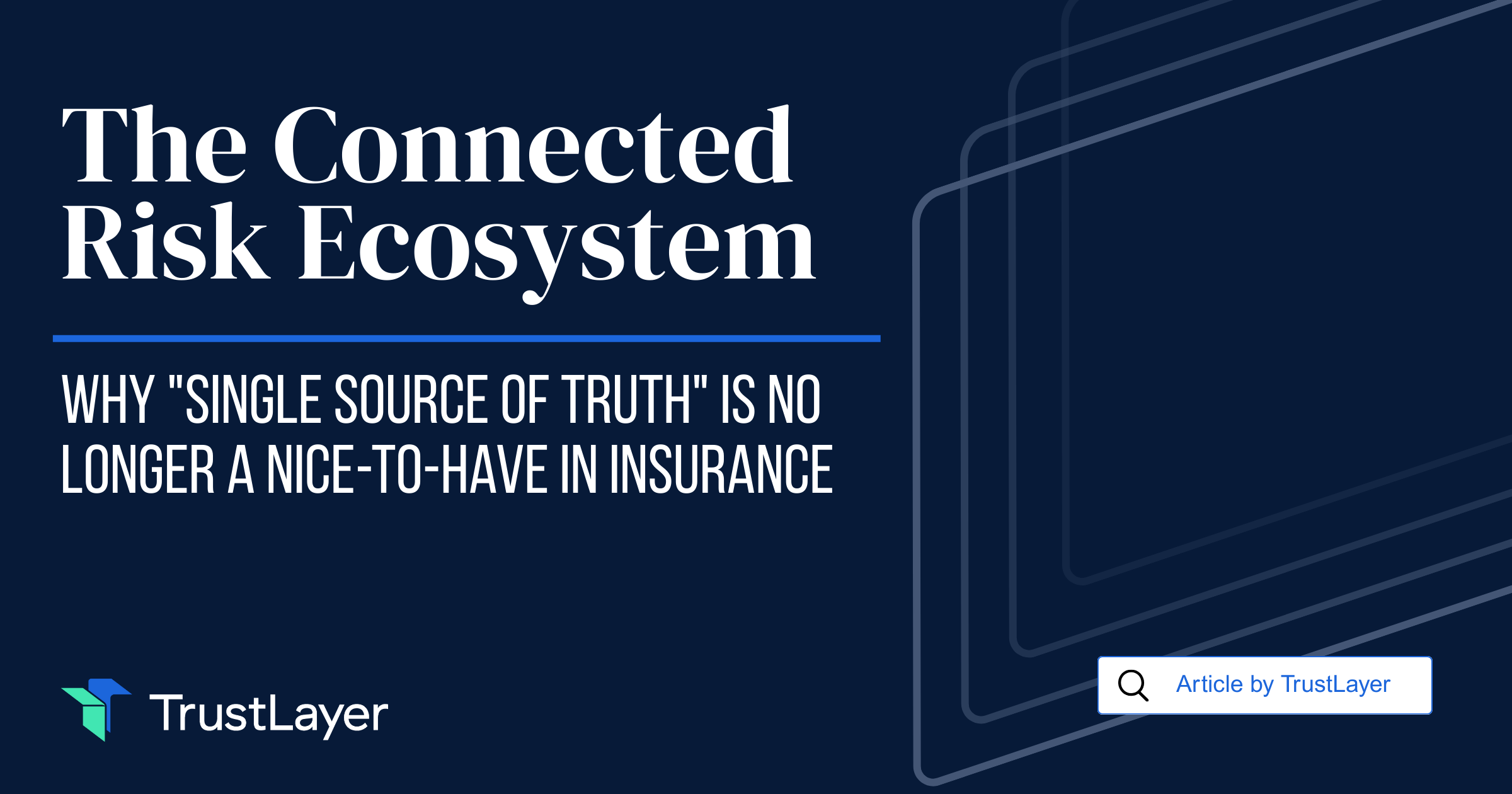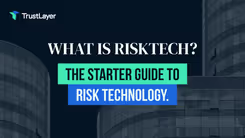Red Flags to Watch Out for with Managed Services

Managed services can be a valuable asset for businesses looking to outsource certain functions and streamline operations. However, not all managed service providers are created equal. In fact, there are several red flags that should raise concerns and prompt organizations to proceed with caution. Remember great managed service organizations are an extension of your team. If you’re not clear internally about how and where they’re going to be integrated, projects can go off the rails.
If you take nothing else away, remember the number one thing to watch out for is misalignment on scope, resulting from a non-consultative buying process. Leads to a very rocky onboarding process. If your expectations are not clearly understood, then you’re setting yourself up for disappointment and headache.
By being aware of these warning signs, businesses can avoid potential pitfalls and ensure they select a trustworthy and reliable partner.
Too good to be true pricing: Selling at a loss and recouping later
It's often said that if something seems too good to be true, it probably is. This adage certainly holds true when it comes to managed services pricing. If a provider is offering significantly lower prices compared to their competitors, it's important to question how they can afford to do so without compromising the quality of their services. In some cases, providers may be selling at a loss initially, with the intention of recouping their losses through hidden charges or additional fees down the line. It's crucial to thoroughly review pricing structures and ensure transparency before committing to a managed services agreement.
When evaluating managed services pricing, it's essential to consider the long-term implications of choosing a provider solely based on cost. While budget considerations are important, sacrificing quality for a lower price can ultimately lead to more significant issues in the future. Providers offering unrealistically low prices may struggle to deliver on their promises, resulting in service disruptions, security vulnerabilities, or inadequate support. By conducting a comprehensive assessment of not just the pricing but also the provider's reputation, track record, and service level agreements, businesses can make informed decisions that prioritize both cost-effectiveness and service quality.
Lack of insurance expertise
When outsourcing certain functions to a managed service provider, a key consideration is ensuring they have the necessary expertise in the specific industry or vertical. This is particularly important when it comes to insurance-related services. A provider that lacks insurance expertise may not fully understand the intricacies and complexities of insurance requirements, potentially leaving your business exposed to unnecessary risks. It's essential to partner with a managed services provider that has a deep understanding of insurance and can provide tailored solutions that align with your organization's needs.
Insurance is a highly regulated industry with constantly evolving laws and compliance requirements. Without a solid grasp of these regulations, a managed service provider may inadvertently lead your organization into non-compliance, resulting in hefty fines or legal issues. Moreover, insurance is a nuanced field that requires specialized knowledge to navigate effectively. From underwriting principles to claims management, each aspect demands a high level of expertise to ensure optimal outcomes for your business.
Additionally, the insurance landscape is marked by rapid technological advancements and shifting customer expectations. A proficient managed service provider should not only possess a strong foundation in traditional insurance practices but also stay abreast of emerging trends such as InsurTech and digital transformation. By leveraging innovative solutions and industry best practices, a knowledgeable provider can help your organization stay competitive and resilient in the dynamic insurance market.
Over promising through the sales cycle
During the sales process, it's not uncommon for managed service providers to make grand promises and presentations of a rosy future. However, it's crucial to approach these promises with a healthy dose of skepticism. Providers that over-promise during the sales cycle may be setting unrealistic expectations that they can't deliver on. Look for providers that are upfront and transparent about the capabilities and limitations of their services. It's better to have realistic expectations from the start than to be disappointed down the road.
One common tactic used by some managed service providers is to showcase success stories and case studies to potential clients during the sales cycle. While these can be valuable insights into the provider's capabilities, it's important to remember that every client's needs and circumstances are unique. What worked for one client may not necessarily work for another. It's essential to ask probing questions and seek clarification on how the provider plans to tailor their services to meet your specific requirements.
Additionally, it's advisable to inquire about the provider's scalability and flexibility in adapting to your business's growth and changing needs over time. A provider that can demonstrate a track record of evolving with their clients and staying ahead of technological advancements is more likely to be a reliable long-term partner. By delving deeper into these aspects during the sales cycle, you can gain a clearer understanding of how well the provider aligns with your business objectives and values.
They’re not consultative or not suggesting new ways of tackling a problem
A good managed service provider should be more than just a vendor - they should be a trusted partner. One red flag to watch out for is a provider that isn't consultative in their approach. A reliable managed services partner should actively identify opportunities for improvement and suggest new ways of tackling problems. They should have the expertise to recommend innovative solutions that can help your business thrive. If a provider seems disengaged or lacks a proactive approach, it may be a sign that they are not the right fit for your organization's needs.
When it comes to finding the right managed service provider, it's essential to look for a company that goes above and beyond simply providing services. A truly valuable partner will take the time to understand your business goals, challenges, and unique requirements. By fostering a deep understanding of your organization, they can tailor their services to meet your specific needs and drive your business towards success.
Furthermore, a consultative managed service provider will not only address existing issues but also anticipate future challenges. By staying ahead of the curve and proactively suggesting new strategies and technologies, they can help you stay competitive in a rapidly evolving market. This forward-thinking approach can make all the difference in ensuring that your business remains agile, efficient, and well-positioned for growth.
Conclusion: Think twice if you’re asking yourself “how are they doing ‘this’ for that little?”
Price is always a factor when choosing a managed service provider, but it shouldn't be the sole determining factor. If a provider's pricing is significantly lower than their competitors, it's important to question how they are able to offer such low rates. Are they cutting corners? Are they not investing in necessary resources and infrastructure? These are the questions that need to be asked. While cost savings are important, compromising on quality to save a few dollars can end up costing your business more in the long run. It's crucial to strike a balance between affordability and value when selecting a managed service provider.
When it comes to managed services, it's essential to exercise caution and watch out for the red flags mentioned above. Finding a reliable and trustworthy provider can make all the difference in the success of your outsourcing efforts. Don't be swayed by low prices or extravagant promises - instead, prioritize expertise, consultative approach, and transparency. By doing so, you can ensure that your business benefits from the true value that managed services can offer.
Moreover, in the realm of managed service providers, it's important to consider the level of scalability and flexibility they offer. As your business grows and evolves, your IT needs will also change. A reputable managed service provider should be able to accommodate these changes seamlessly, providing scalable solutions that can adapt to your organization's requirements. This adaptability ensures that you are not locked into rigid contracts or services that no longer meet your needs.
Additionally, another crucial aspect to evaluate when selecting a managed service provider is their track record and reputation in the industry. Look for providers with a proven history of delivering high-quality services and maintaining strong client relationships. Customer reviews, case studies, and testimonials can provide valuable insights into the provider's performance and reliability. Choosing a provider with a solid reputation can give you peace of mind knowing that your IT infrastructure is in capable hands.
As you navigate the complexities of managed services and strive to avoid the red flags that can hinder your business's growth, it's crucial to have the right tools at your disposal. TrustLayer understands the importance of modern risk management and offers a best-in-class certificate of insurance (COI) tracker designed for today's risk managers. Embrace the future of risk management with TrustLayer's innovative technology that automates the verification of compliance documents, freeing you from the administrative burden of manual processes. Don't let outdated methods cost you time and money. Set up a time to talk with our team and discover how TrustLayer can transform your approach to vendor document management and help you build a more resilient business.
















